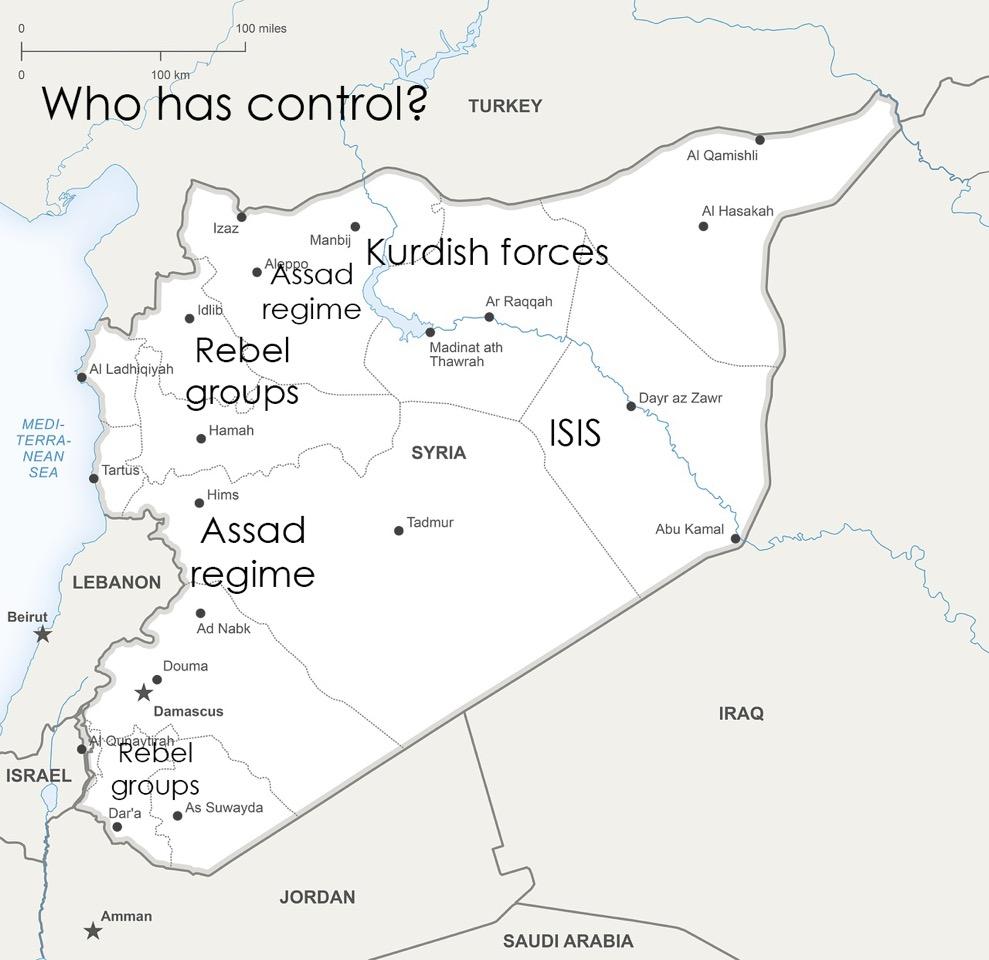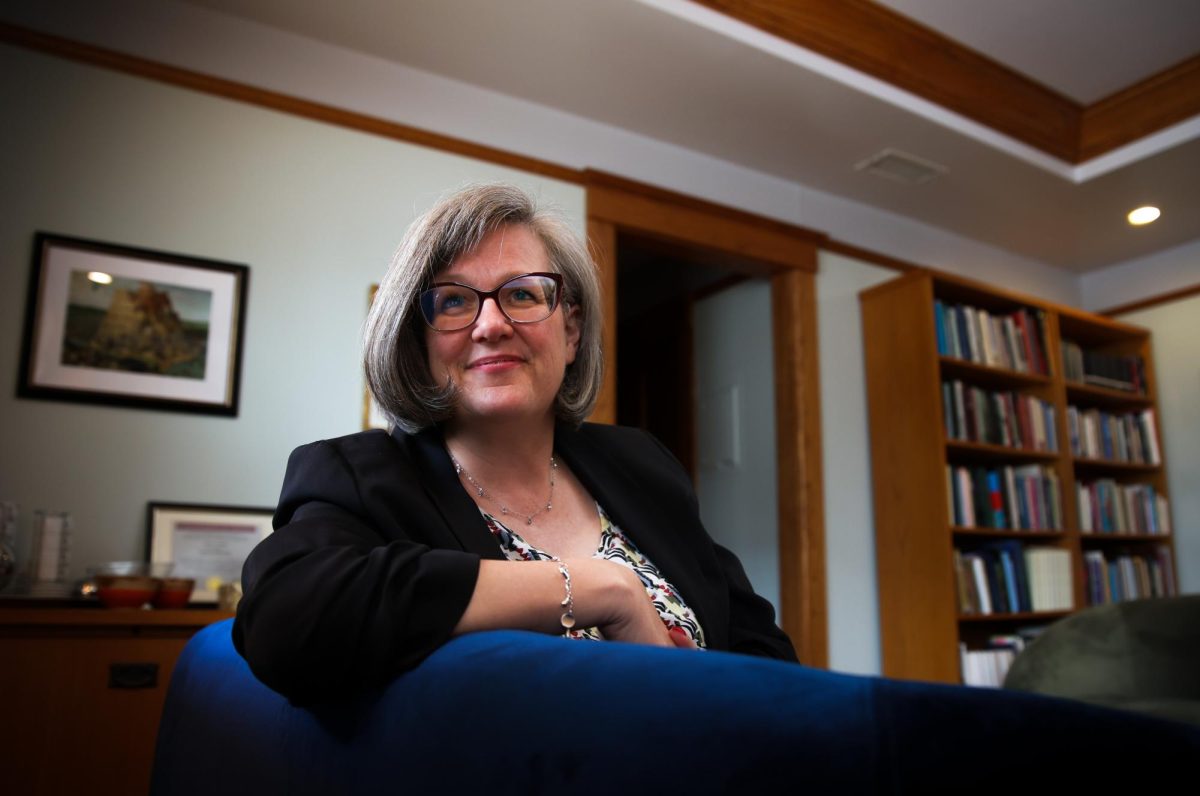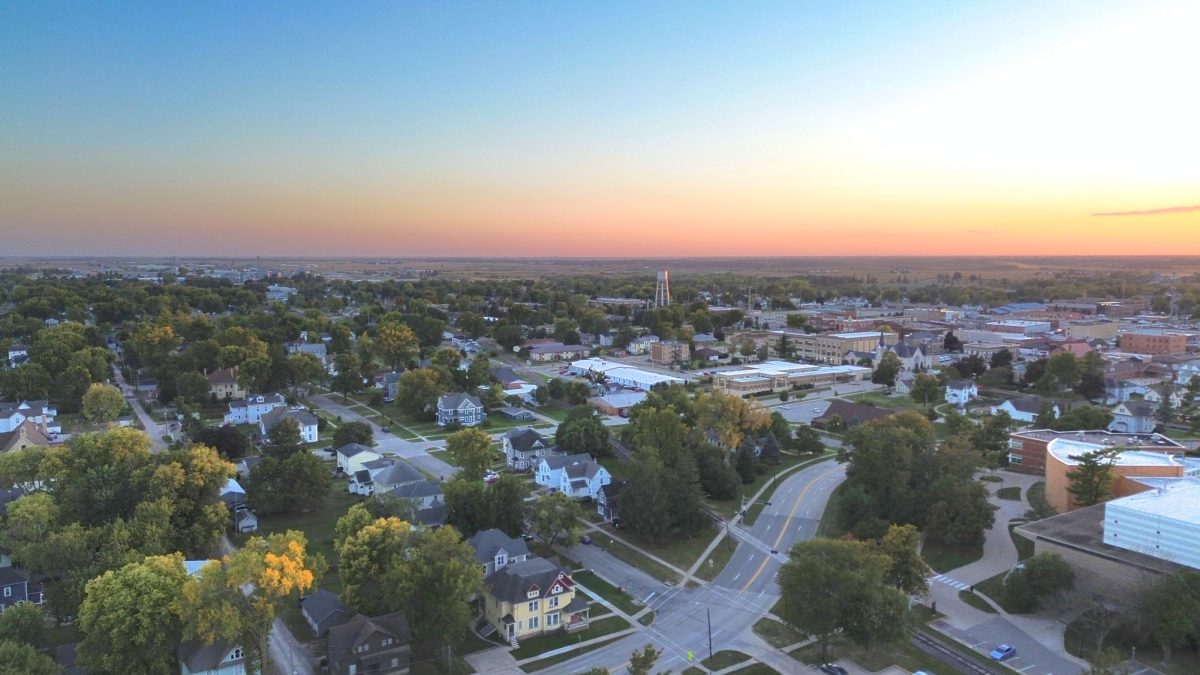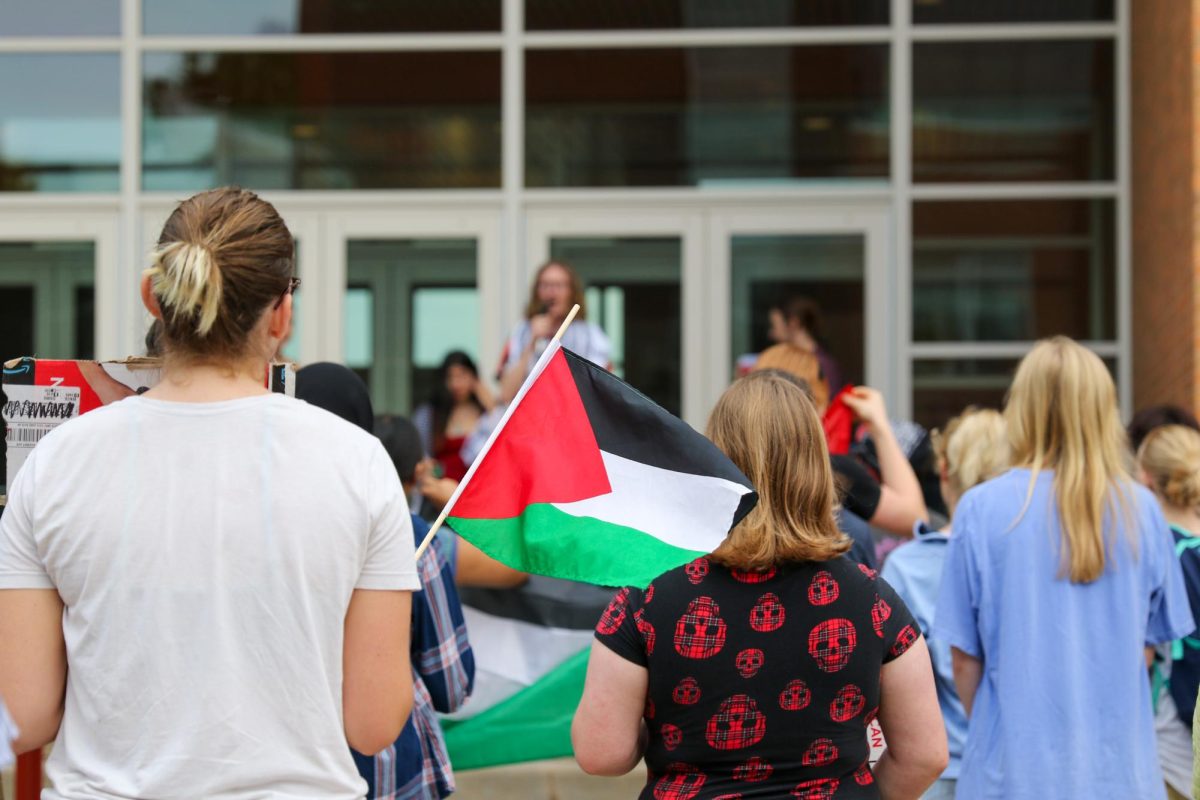
Though Syrian communities pre-date the modern world, Syria’s national identity is only about 72 years old. Since 2011, the country has been involved in a civil war with Sunni rebel groups, ISIS, Al Qaeda affiliates and Kurdish forces up against the Alawite authoritarian Assad regime. All sides of the war have committed human rights violations and contributed to the mass refugee crisis that has only been worsening in recent months. Last month, the United Nations led Geneva peace talks on Syria, but no agreements have been reached and the fighting continues.
Historical Background
Before World War I, Syria was a province of the Ottoman Empire. In 1920, when the Empire was split into mandates, Syria became a mandate under French control, while Palestine and Iraq were British mandates. In 1946, Syria became an independent nation, and France began to remove their troops. The process of gaining independence was rocky, as the French were hesitant to leave, but eventually they withdrew completely, leaving a new government to take over.
Michel Aflaq, a Syrian Christian, formed the Arab Socialist Ba’ath Party, which advocates for a single Arab state. Aflaq, part of a Syrian minority, wanted to focus on a unified Arab identity, rather than religious factions, according to Professor Caleb Elfenbein, religious studies.
By staging coups, Hafez al-Assad, a Ba’ath Party politician and military leader, became president of Syria in 1970. Many Syrians had been disillusioned with the previous government and believed in Hafez al-Assad.
During this time, Professor Kathryn Kamp, anthropology, worked on her dissertation in Syria. Studying Middle Eastern architecture, Kamp spent her time there asking to see the inside of strangers’ homes, photographing their property and mapping their living rooms.
“Under Hafez Assad everyone was very, very nervous about any political discussion because people disappeared,” Kamp said. “Everyone knew there was no freedom of speech or freedom of expression and the government would do terrible things to large segments of the population as, for example, massacres in Hama in the early 80s.”
During Hafez al-Assad’s presidency, he weakened the power of other government officials, giving himself ultimate control over the country. Sunni Islamists fought back. In response, in 1982, al-Assad blockaded Hama, a Sunni stronghold, killing between 2,000 and 20,000 Syrians and ending the Sunni Muslim campaign against him. Syrian security and intelligence was dominated by Alawites, a subgroup within Islam of with which the Assad family are members.
Kamp describes the difference between Alawites and other Muslims as analogous to the difference between Mormons and other Christians. Both subgroups represent a minority subgroup that has separated from the larger religion, and some may view the Alawites as too religiously different and of a separate religion.
“I suspect that the minority status of Assad and the Alawites who have dominated the power structure, especially in the military has made it even more important for them to hold onto power,” Kamp said. “I could see that if you are part of an identifiable minority that has been in power for a long time and has abused the majority, the notion of just freely giving up power would be very scary.”
After his death, his son, Bashar al-Assad, succeeded him, and continued the harsh policies of his father’s rule.
According to Elfenbein, the successful integration of this authoritative style of rule was in part due to being what was “in effect a colonial state in the mandate system.”
“Syria had for decades a really vibrant middle class that had members of different religious communities, really well educated population, and over time in part because of authoritarian politics, that middle class that was so essential to a thriving civil society degrades. And in that setting, it makes it almost impossible to maintain the sense of Syria being a coherent entity,” Elfenbein said.
The lines between Syria, Iraq and Turkey were not as clearly drawn when they were all part of the Ottoman Empire. Elfenbein spoke about the draws from the northwest part of Syria to Turkey, and the draws in the eastern part of the country to Iraq.
“This is not to say there weren’t communities that straddled those lines, but we’re sort of seeing in the dissolution of this place, we’re seeing history in a way come back to life because the creation of Syria really did create the political geography of the area and we’re seeing that fall apart,” Elfenbein said.
The combination of the religious conflict between the Alawites and the Sunnis in combination with a competition for natural resources and a famine led to the breakout of the civil war.
“The situation in the early years of this century was considerably complicated by a very major drought and crop failures in much of the country,” said Professor Wayne Moyer, political science. “That meant a lot of rural farmers were forced into the cities, and there was inadequate food and that led to demonstrations against the Assad regime which he put down ruthlessly, which then led to the uprising and led to the civil war.”
The Current Situation
Human rights violations have been severe. More than 400,000 people have been killed and millions have been displaced. Many refugees have fled to Jordan, Lebanon and Turkey. In Jordan and Turkey, according to Moyer, refugee camps are incredibly restrictive, prohibiting refugees from working and discriminating against them in day to day life as well as in the justice systems.
Mervat Youssef, Arabic, also explained that more than a humanitarian crisis, the question about where refugees go also poses economic problems. When people flee Syria to other countries, like Egypt, one of the economic consequences is rising real estate prices.
“So even if you are not interested in humanity, you will still be affected,” Youssef said. “For me personally, the issue is not about the rising prices of real estate. For me personally, it is about people who are driven away from their homes and livelihood, people who are dying.”
Ultimately, it is hard to say what action could be taken to reduce the suffering in Syria. According to visiting professor and Polish war correspondent Konstanty Gebert, religious studies, there is not a consensus in the international community about what actions should be taken.
“In Bosnia it took three years, but there is no doubt in anybody’s mind that international intervention ended the Bosnian War and that it could have been done three years earlier with the same very low price,” Gebert said.
Gebert identifies the two major concerns in Syria as ending the war and reducing the flood of refugees leaving Syria. However, besides all the political implications, even if Assad could be toppled, the political and religious climate would mean Alawites would want to flee as refugees.
“The Assad regime is the only guarantor of political security for the Alawites, so we’d have an Alawite refugee flux replacing the Sunni refugee flux we are dealing with right now,” Gebert said. “A … regime change would mean making a deal with Russia. The problem is that I can’t imagine a deal with Russia that would be palatable.”
“Okay so we think someone is a butcher, we have to do something about it. Ok, what about the people who are being butchered by the butcher? There is a ban on accepting the refugees. I’m not sure I am understanding this the way I am asked to understand this,” Youssef said.
“These are cities of hundreds of thousands of people living in tents for extended periods of time, inadequate schooling for kids, so that’s where we can do a lot more,” Moyer said. “We can admit more to this country, we can give more aid to refugee camps and organizations that work particularly in Turkey, and Lebanon and Jordan.”
Russia, which has economic and military ties to the Assad regime, aided the Syrian government in bombing Aleppo last fall, in an attempt to rid the city of rebel forces. In addition, Iran is trying to gain influence in Syria by aligning itself to the Assad regime, as well as is Hezbollah, an Islamist militant group from Lebanon.
“The Iranian regime is Shi’ite of course, [and] the Alawites aren’t Shi’ite but they’re certainly closer to the Shi’ites than to the Sunnis. So the Assad regime, with Russian and Iranian support, and also with assistance from Hezbollah, which is also Shi’ite, has got the upper hand,” Moyer said.
Many, however, also note that the suspected involvement of Russia in the most recent presidential election also raises red flags about the reasons behind Trump’s decision to take military action.
“I’m a taxpayer and that bothers me,” Youssef said. “I don’t want to see money being spent to kill people. I know that the military is essential, but I don’t want it to be offensive. I want it to be a defensive military. … I don’t see these things as successful. We’ve tried it before, it doesn’t work.”
Youssef’s mention of military action in the Middle East refers to American involvement in Iraq and Afghanistan during George W. Bush’ presidency. She said that military involvement with a country — even if it’s in the short-term interest — will only hurt in the long-term without an exit plan.
When President Obama was in office, he refrained from getting involved militarily in Syria. In 2014, the US was involved in airstrikes, along with five Arab countries, against ISIS. Moyer suggested that Obama could have set up no-fly-zones; however, that became impossible when Russia got involved in bombings of Syria because it would have entailed direct military confrontation with Russia. Obama did send aid to some rebel groups unaffiliated with Al Qaeda, but Moyer suggested he may have hesitated to do more after much of it got into the hands of groups that were affiliated with Al Qaeda.
The opposition to the Syrian government, although all against the Assad regime, are not united, according to Moyer.
“Some of the strength of ISIS is that for many people ISIS is seen as the defenders of the Sunnis who are oppressed by the Assad regime. Will you be able to really overcome ISIS in the area as long as the Assad regime is in power? I’m sure there are many Sunnis who see ISIS as their only real proposition, too,” Moyer said.
An important question left unanswered is what foreign nations including the US can do. Moyer emphasized trying to relieve suffering for refugees, but in terms of ending the civil war, successful prospects are unclear. To Elfenbein, the decision of whether or not to intervene militarily has to be a “moral determination.”
“Military action is not the answer. Massive military aid to rebel groups isn’t the answer either, that’s just going to get more people killed,” Moyer said. “There are rumors that Trump was trying to work out some kind of arrangements, work a deal out over Syria, we would relieve the pressures to get rid of Assad and they would help fight ISIS, the grand bargain to improve relations. I think that’s hard now after the US launched the missile attack last week, but I think working for better relations with Russia both depends on better Russian behavior in Syria as well as in Ukraine and in Europe in general, so I’m afraid that we ought to condition any deal we make with Russia. They’re doing much more to reach some kind of settlement with Syria. That’s as much as I think we can do at this stage of the game.”



























































